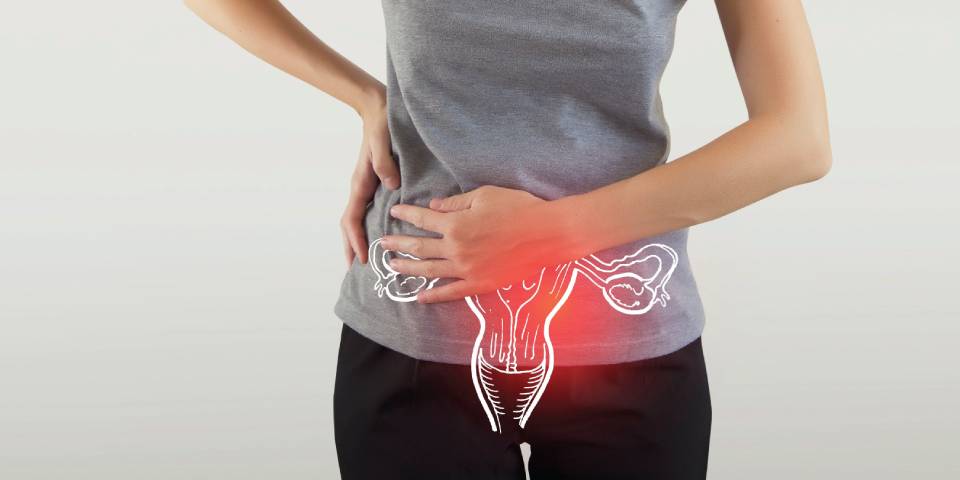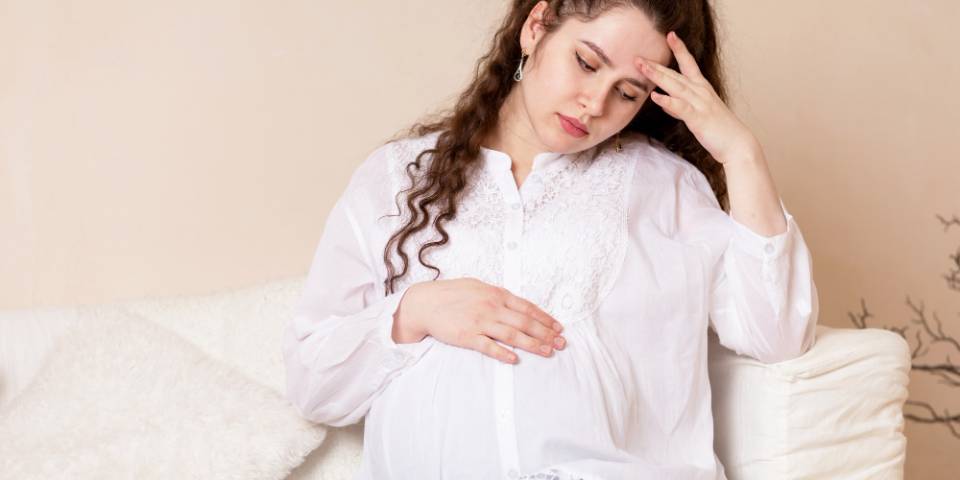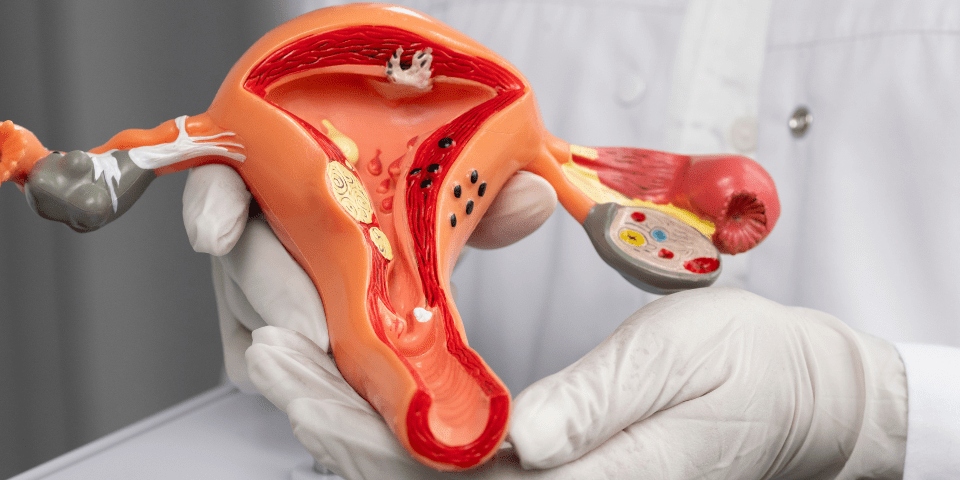We Know that, In India 10 out of 4 women are suffering from the PCOS/PCOD Problem. The Problem is rising due to unhealthy lifestyles in women. Most women do not go through years without knowing that they have PCOS, There is no single test to diagnose the same. Due to this most women do not get the right treatment for PCOS/PCOD Treatment in Pune. Dr. Shraddha Galgali – The best Gynecologist in Punwale, Pune has identified this problem and guided the woman about PCOS/PCOD Condition. In this Blog, she explains how to identify the PCOS Conditions and how to tackle them. She provides complete treatment at her clinic Dr. Shraddha Excella’s Women’s Clinic at Punawale.
Symptoms of PCOS/PCOD:
PCOS has identified some symptoms as
- Irregular or absent periods
- Overgrowth of hair on the back, chest, belly, and face
- Acne
- Weight gain or having trouble losing it
- thinning hair on the head
- Skin darkening on the neck, groin, and under the breasts
- Fatigue
- Mood swings.
Diagnosis and Treatment:
Once the symptoms are confirmed, Dr. Shraddha Galgali should also operate tests to rule out anything else that could cause these symptoms. Your gynecologist will also do tests to rule out anything else that could be causing your symptoms. Mostly, these can be identified by a series of blood tests.
- Health record and physical review: your gynecologist will ask you about your symptoms, family history, and menstrual cycle. They will additionally perform a physical checkup to look for any signs of increased testosterone levels, such as acne and hair growth.
- Blood testing: To measure hormone levels, the following blood tests must be performed:
- Estradiol Test to assess the amount of estrogen generated in the blood
- FSH to detect the amount of Follicle Stimulating Hormone in the blood
- LH to check amounts of Luteinizing Hormone in the blood
- Androgen Profile to check the amount of androgen in the blood
- Pelvic ultrasonography: This test may identify the presence of many very small ovarian cysts, indicating another sign of PCOS/PCOD.
Home Treatments:
- Modifications to lifestyle: Eating right and exercising to maintain a healthy weight will greatly reduce symptoms.
- Medication: To control insulin resistance, balance hormones, or treat other symptoms, your PCOS/PCOD expert may recommend medication.
- Support: To find out more, exchange stories, and maintain motivation, get in touch with medical experts and support organizations.
Prevention advice from Dr. Shraddha Galgali:
- Maintain a healthy weight
- Eat a healthy diet
- Exercise regularly
- Get enough sleep
- Manage stress
- See your gynecologist for regular checkups
Appointment with Dr. Shraddha Galgali for consultation:
If you suspect PCOS/PCOD based on your symptoms, it’s crucial to consult a gynecologist specialist. A gynecologist or endocrinologist is well-equipped to conduct a thorough evaluation. Be prepared to discuss your medical history, menstrual patterns, and any associated signs during the consultation. Diagnosing PCOS/PCOD is a multi-faceted procedure that involves identifying signs, consulting with Dr. Shraddha Galgali, and undergoing various tests. Early diagnosis empowers individuals to manage their condition effectively, preventing possible difficulties.
Dr. Galgali provides PCOS/PCOD Treatment in Punawale, Pune. If you suspect you may have PCOS/PCOD, take the first step towards better health by seeking an Obstetrician and Gynecologist from Punawale, Pune, and understanding the available diagnostic methods.





